Ah, acne-prone skin – the bane of our existence. One minute you're feeling all fresh and clean, and the next, your face looks like it's hosting a pimple party. But fear not, dear reader, for we are here to help you find the perfect face mask to combat those pesky breakouts and keep your skin looking fabulous. After all, who doesn't want to put their best face forward?
Finding the right face mask for acne-prone skin is like finding a needle in a haystack. Or more accurately, it's like finding the one reality TV show that actually improves your life instead of sucking away your precious hours (we're looking at you, "Real Housewives"). A good face mask can be a game-changer in preventing and treating acne, turning your skin from a war zone into a peaceful utopia.
So, sit back, relax, and let us guide you through the wonderful world of face masks for acne-prone skin. We promise it'll be more entertaining than watching paint dry or listening to your coworker's endless stories about their cat's new diet. And who knows, maybe by the end of this, you'll be ready to rock a face mask with the confidence of a runway model. Let's dive in!
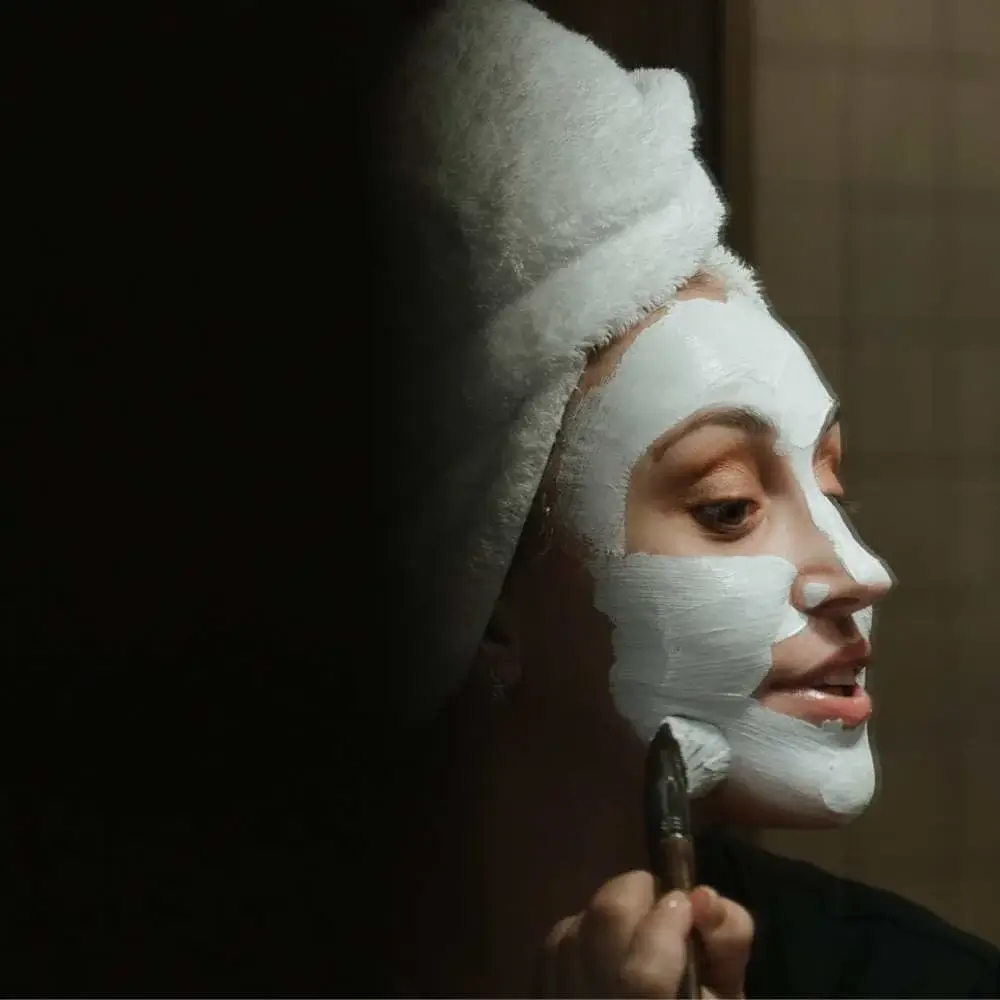
Understanding Acne and Face Masks
Before we dive into the magical world of face masks, let's take a moment to understand the enemy: acne. Knowing what causes acne and how face masks can help combat it will make your journey to clear skin all the more successful.
What Causes Acne?
Contrary to popular belief, acne isn't just a cruel joke played on us by the universe. It actually has some pretty scientific explanations behind it. Common causes of acne include:
- Excess sebum production: Sebum is an oily substance produced by your skin to keep it moisturized. However, when your skin goes into overdrive and produces too much sebum, it can lead to clogged pores and acne.
- Clogged pores: When dead skin cells, dirt, and excess sebum come together like an unholy trinity, they can clog your pores and create the perfect environment for acne to thrive.
- Bacteria: Specifically, the bacterium Propionibacterium acnes loves to party in clogged pores, leading to inflammation and those dreaded pimples.
But that's not all! Our old friends hormones, diet, and stress also play a role in acne development. Hormonal fluctuations (looking at you, puberty and periods) can trigger excess sebum production, while certain foods and stress can cause inflammation and make acne worse.
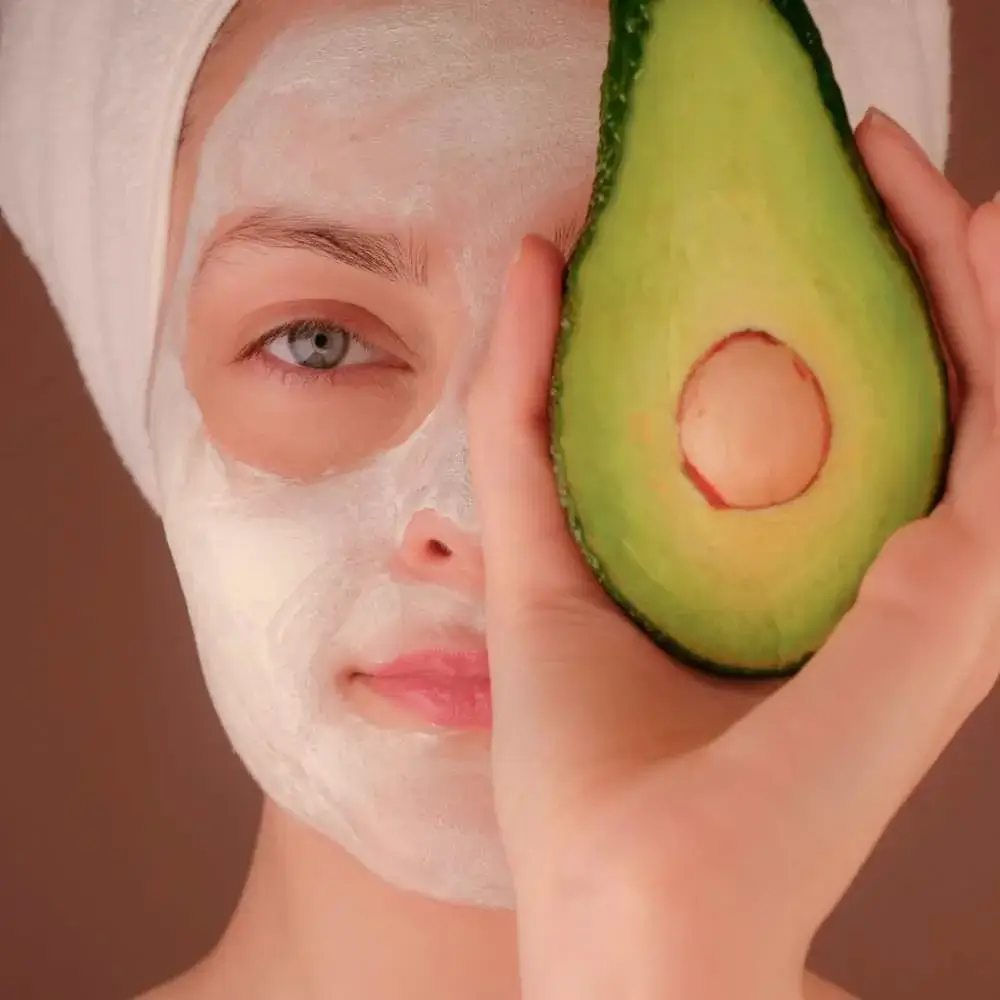
How Face Masks Can Help Combat Acne
Now that we know the culprits behind acne, let's talk about how face masks can be our trusty sidekicks in the battle against breakouts. Face masks for acne-prone skin have a few superpowers up their sleeves:
- Unclog pores: Many face masks contain ingredients that help exfoliate and remove dead skin cells, dirt, and excess oil, freeing your pores from the shackles of acne-causing debris.
- Reduce excess oil: Some face masks have oil-absorbing properties that can help control sebum production, keeping your skin's oil levels balanced and preventing breakouts.
- Calm inflammation: Ingredients with anti-inflammatory properties can help soothe irritated skin and reduce redness, making your acne less noticeable and angry-looking.
In short, face masks can be a powerful tool in your acne-fighting arsenal. With the right ingredients and regular use, they can help you achieve clearer, healthier-looking skin. So let's get ready to unmask the potential of face masks for acne-prone skin!
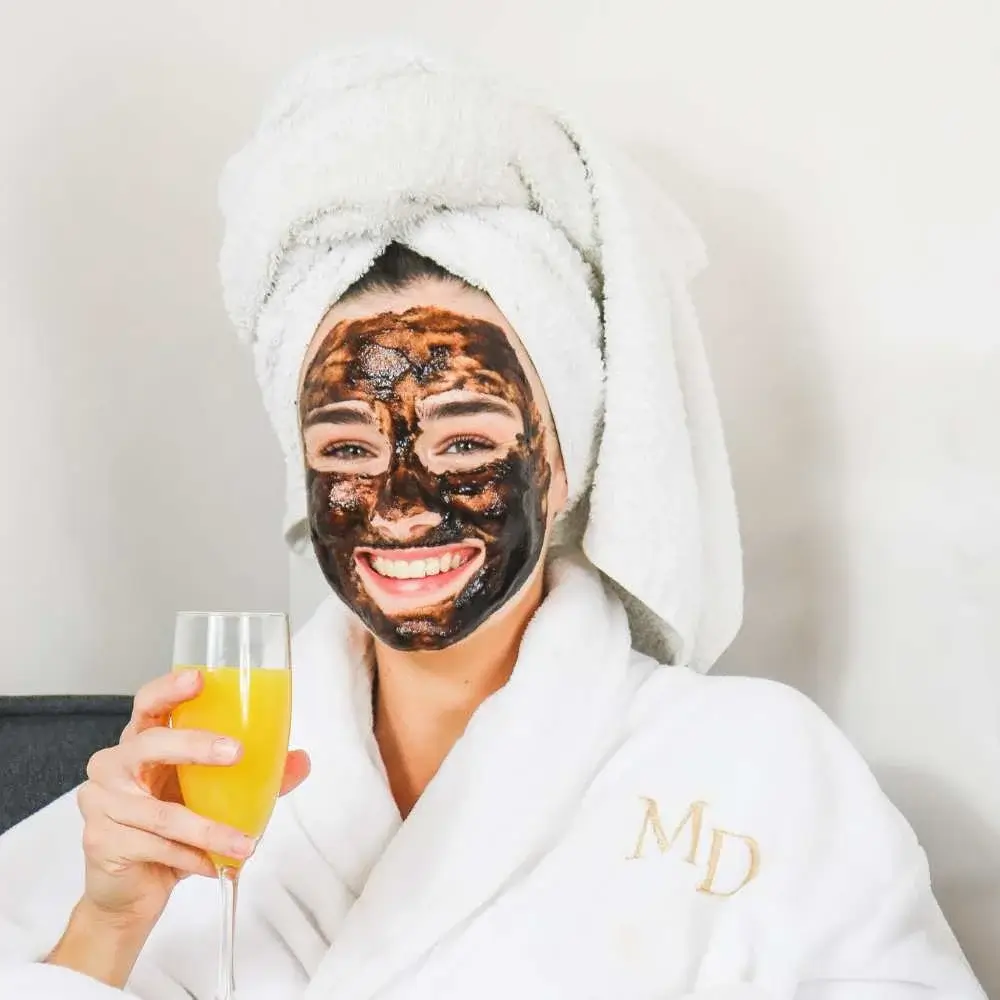
Factors to Consider When Choosing a Face Mask for Acne
Not all face masks are created equal, especially when it comes to tackling acne. To find the perfect face mask for your acne-prone skin, consider the following factors:
Skin Type and Concerns
Before you go on a face mask shopping spree, take a moment to assess your skin type (oily, dry, combination) and specific acne concerns (blackheads, whiteheads, cystic acne). Different masks cater to different skin types and issues, so knowing your skin's unique needs will help you make a more informed choice.
Ingredients to Look For
When hunting for an acne-fighting face mask, keep an eye out for these superhero ingredients:
- Salicylic acid: This beta-hydroxy acid (BHA) is a star at exfoliating and unclogging pores. It's great for treating blackheads, whiteheads, and mild acne.
- Benzoyl peroxide: A powerful antimicrobial agent, benzoyl peroxide kills acne-causing bacteria and helps reduce inflammation. It's particularly effective for moderate to severe acne, but be cautious if you have sensitive skin, as it can be drying.
- Tea tree oil: This natural antibacterial and anti-inflammatory ingredient can help soothe and treat mild to moderate acne without being overly harsh on the skin.
- Clay: Clay masks (like those containing kaolin or bentonite) are excellent at absorbing excess oil and drawing impurities out of your pores, making them ideal for oily and combination skin types.
Sensitivity and Allergies
If your skin is sensitive or prone to allergies, it's essential to check the ingredients list of any face mask you're considering. Look out for potential irritants, such as fragrances, dyes, and harsh chemicals, and opt for gentle, hypoallergenic formulations instead.
Before slathering a new face mask all over your face, perform a patch test by applying a small amount to the inside of your wrist or behind your ear. Wait 24 hours and check for any signs of irritation. Better safe than sorry, right
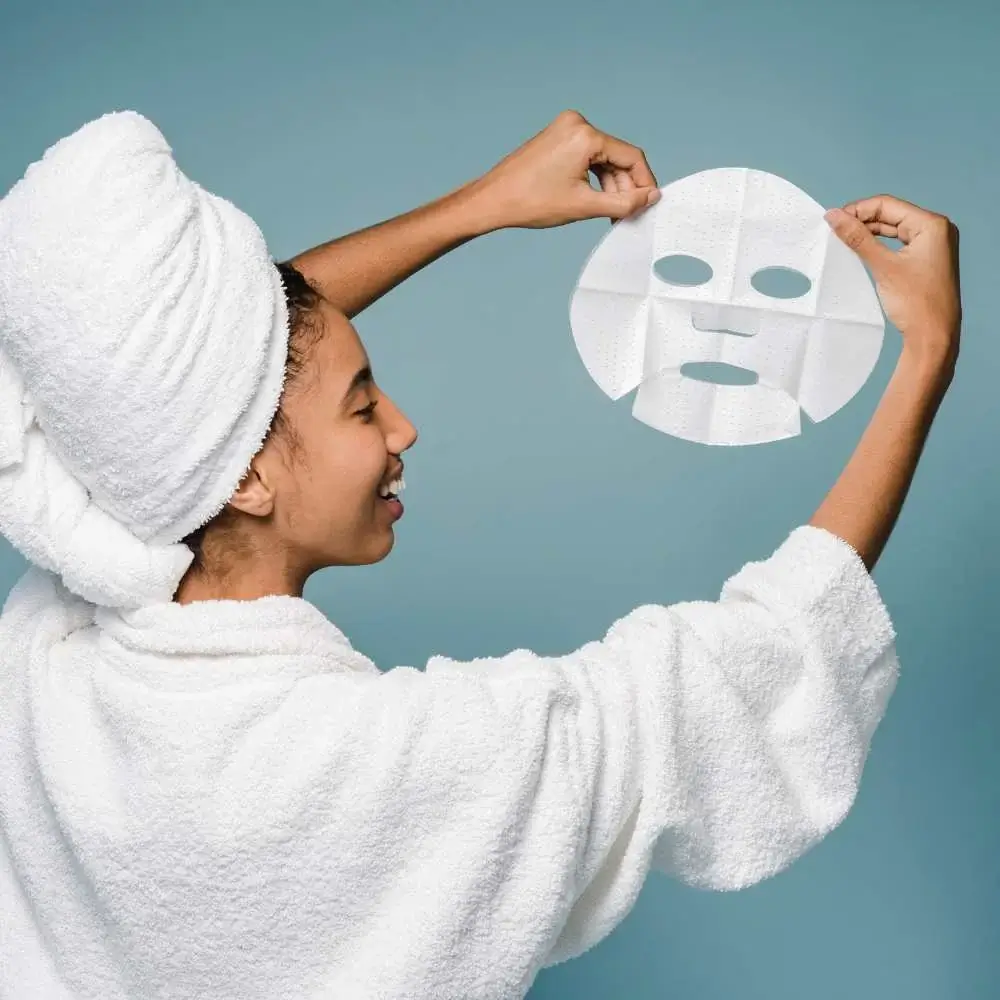
Formulation and Mask Types
Face masks come in various forms, each with its pros and cons:
- Clay masks: These thick, creamy masks are great for absorbing oil and unclogging pores. They can be a bit drying for some skin types, so make sure to follow up with a good moisturizer.
- Sheet masks: This single-use, serum-soaked sheets are super convenient and mess-free. However, they may not penetrate the skin as deeply as other mask types, so their acne-fighting effects might be more superficial.
- Peel-off masks: These masks form a film on your skin that you peel off once dry. They can be satisfying to use (who doesn't love peeling things?) and help remove dead skin cells and impurities. However, they may not be suitable for sensitive skin, as the peeling process can be irritating.
When choosing a face mask for acne-prone skin, consider these factors to find the perfect match for your unique needs. With the right mask in hand, you'll be well on your way to clearer, healthier-looking skin!
Our List of the Top Products in this Category

We've come a long way on our face mask journey, and now it's time to put all that newfound knowledge to good use. Remember to consider your skin type and specific acne concerns when choosing a face mask, and keep an eye out for powerhouse ingredients like salicylic acid, benzoyl peroxide, tea tree oil, and clay.
Don't forget to be mindful of potential irritants if you have sensitive skin or allergies, and explore different mask types (clay, sheet, peel-off) to find the one that best suits your needs and preferences.
Armed with this information, you're ready to conquer the world of face masks and give your acne-prone skin the TLC it deserves. So go forth, dear reader, and embark on your quest for the perfect face mask. May your pores be unclogged, your breakouts banished, and your skin as radiant as a thousand suns. Happy masking!
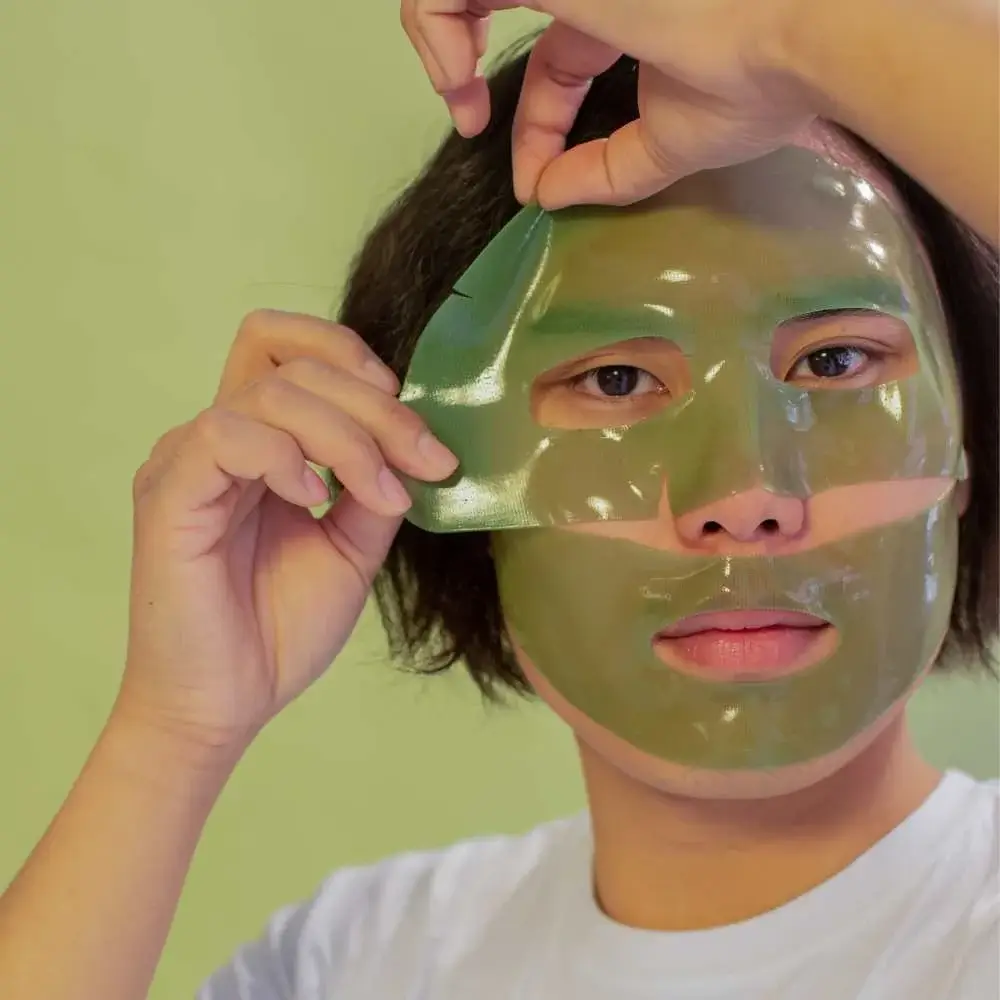
Pore-fect Answers: Your Burning FAQs About the Best Face Masks for Acne
How often should I use a face mask for acne-prone skin?
Generally, using a face mask once or twice a week is sufficient for most people. However, this may vary depending on your skin type, the specific face mask you're using, and the severity of your acne. Always follow the instructions on the product packaging and consult a dermatologist if you're unsure.
Are face masks suitable for all types of acne?
While face masks can help address various acne types, their effectiveness will depend on the ingredients and formulations. Some masks may be better suited for mild to moderate acne, while others may be beneficial for more severe cases. It's essential to choose a face mask that targets your specific acne concerns and skin type.
How long does it take for a face mask to improve acne?
The time it takes for a face mask to improve acne varies depending on the product and your individual skin condition. Some people may see improvement within a few uses, while others may need consistent use over several weeks to notice significant changes. Be patient and consistent with your skincare routine for the best results.
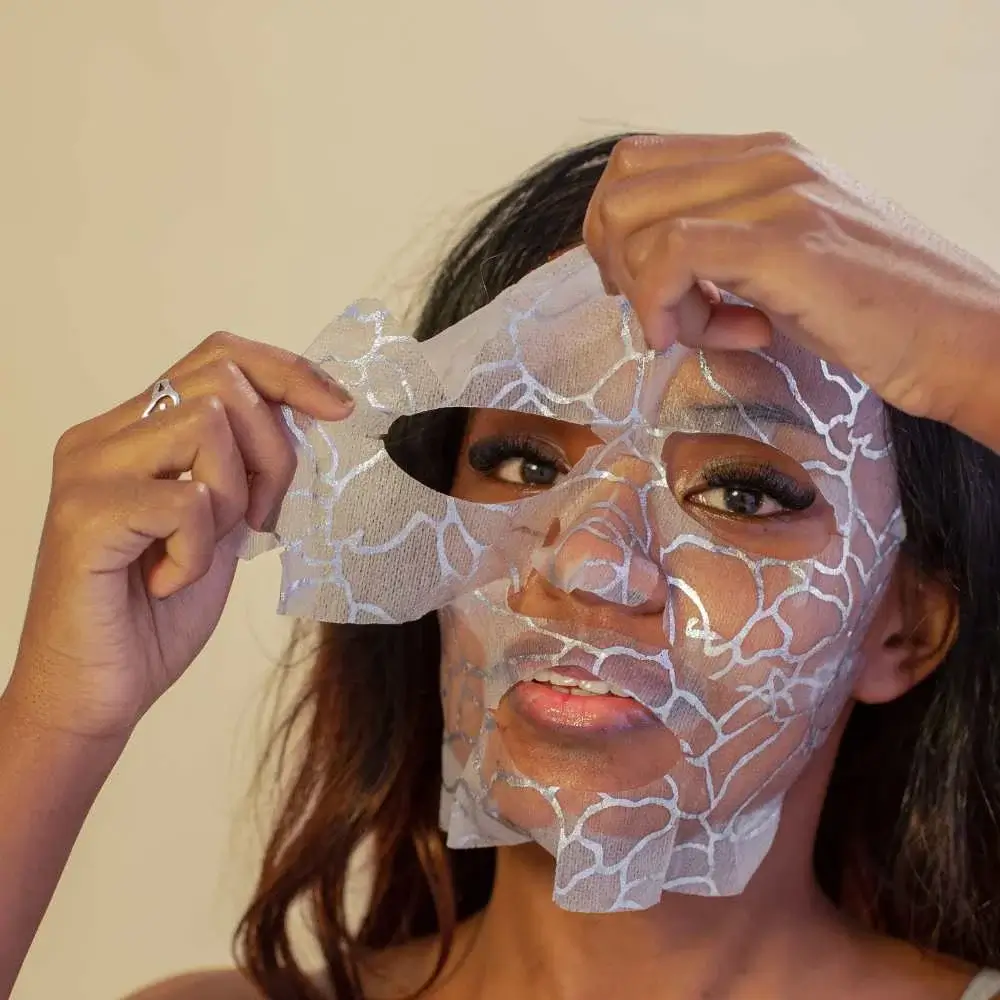
Can I use face masks if I have sensitive or allergy-prone skin?
Yes, but it's crucial to select a face mask with gentle, hypoallergenic ingredients and avoid potential irritants such as fragrances, dyes, and harsh chemicals. Perform a patch test before using any new product to ensure it doesn't cause irritation or an allergic reaction.
Are there any precautions I should take when using a face mask for acne-prone skin?
If you have sensitive skin or allergies, check the ingredients list for potential irritants and perform a patch test before using a new face mask. Also, follow the mask's usage instructions to avoid overuse or irritation.
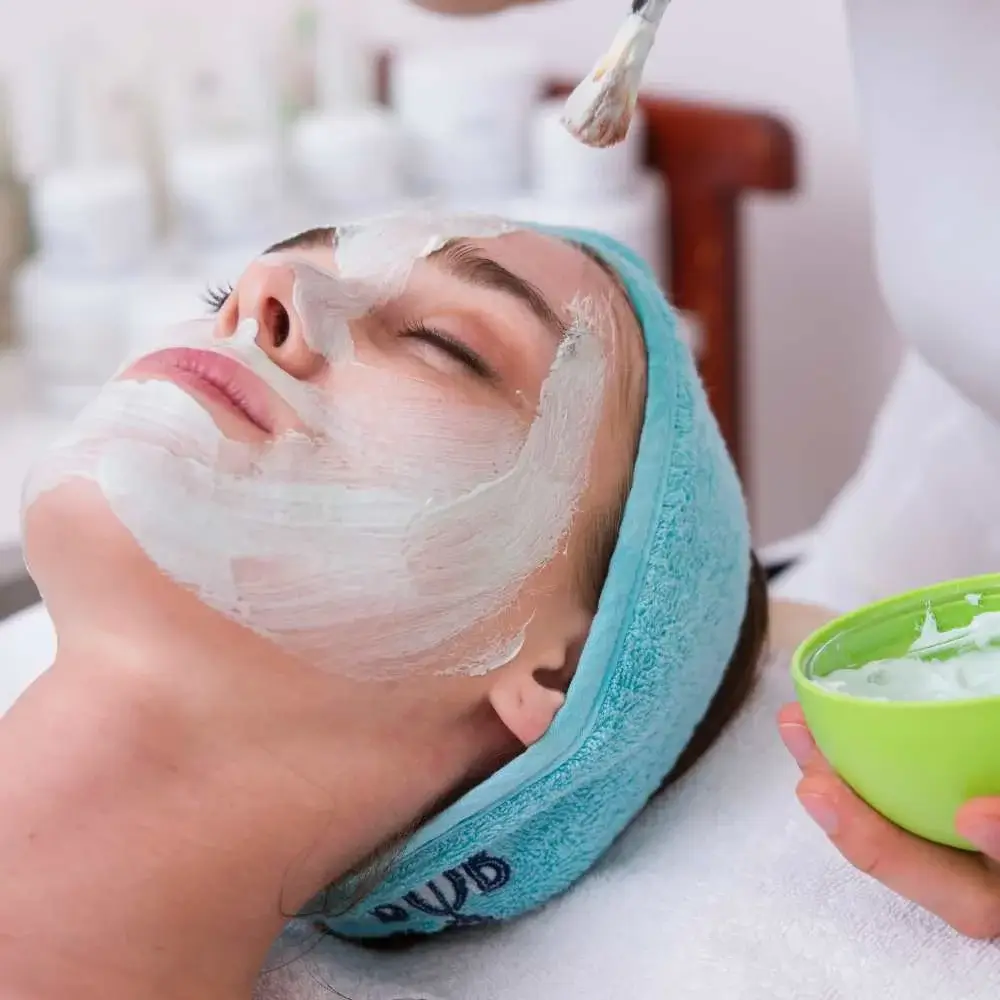
How do face masks help combat acne?
Face masks can help unclog pores, reduce excess oil, calm inflammation, exfoliate dead skin cells, and kill acne-causing bacteria, depending on the ingredients and formulation.
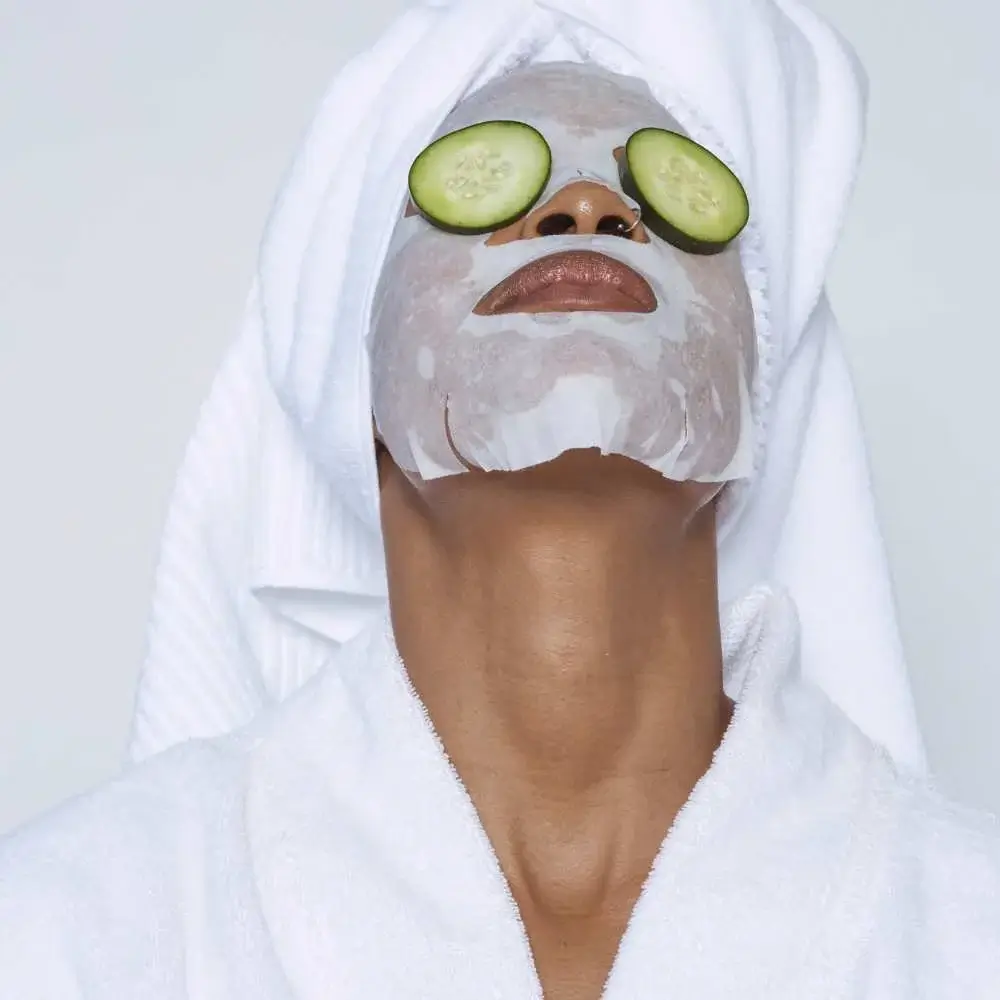
Should I moisturize after using a face mask for acne?
Yes, it's crucial to moisturize after using a face mask, especially if the mask is drying or contains potent acne-fighting ingredients. Moisturizing helps restore your skin's natural moisture barrier and prevents excessive dryness or irritation. Choose a non-comedogenic moisturizer that won't clog your pores to maintain clear skin.
How to Remove Clay Face Mask
Effortlessly Remove Clay Face Masks: Quickly wet your face with warm water to soften the mask. Gently massage it off using fingertips or a clean washcloth, avoiding harsh scrubbing. Rinse, pat dry, and moisturize for radiant skin. Follow specific mask instructions for additional steps like toning. Enjoy lasting glow with proper removal!







